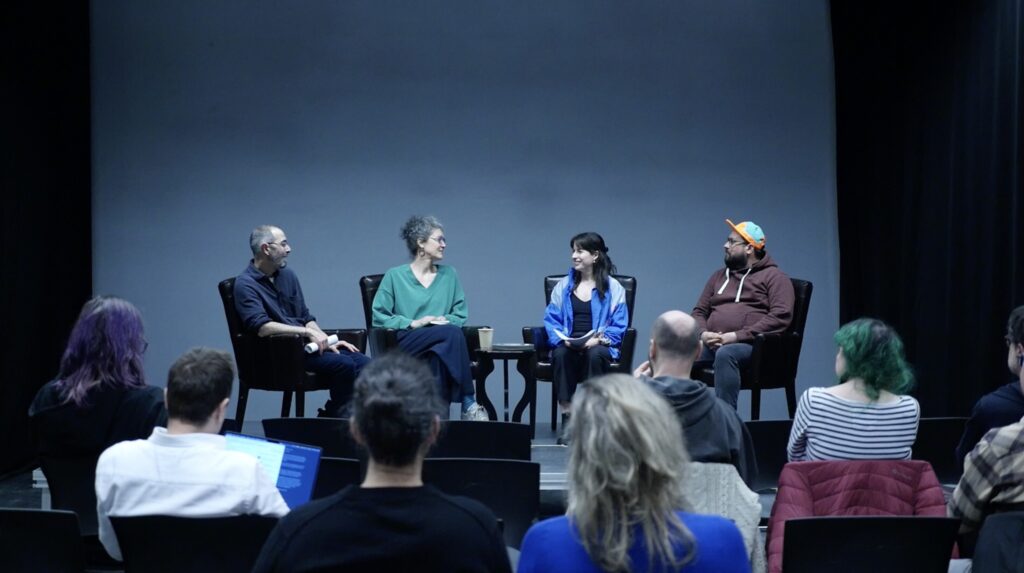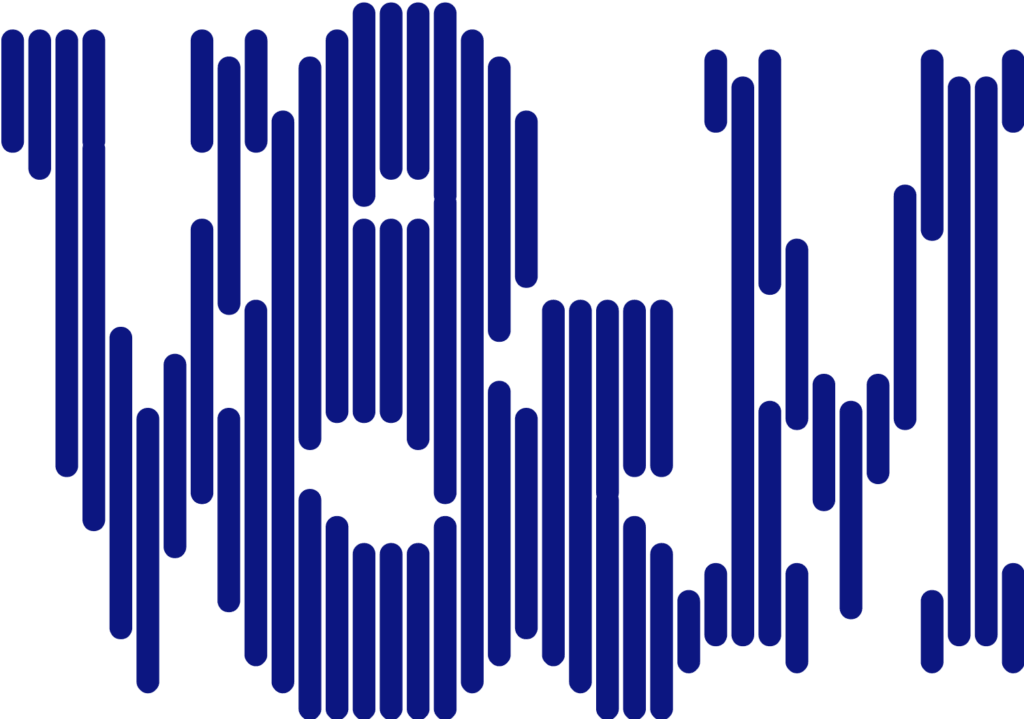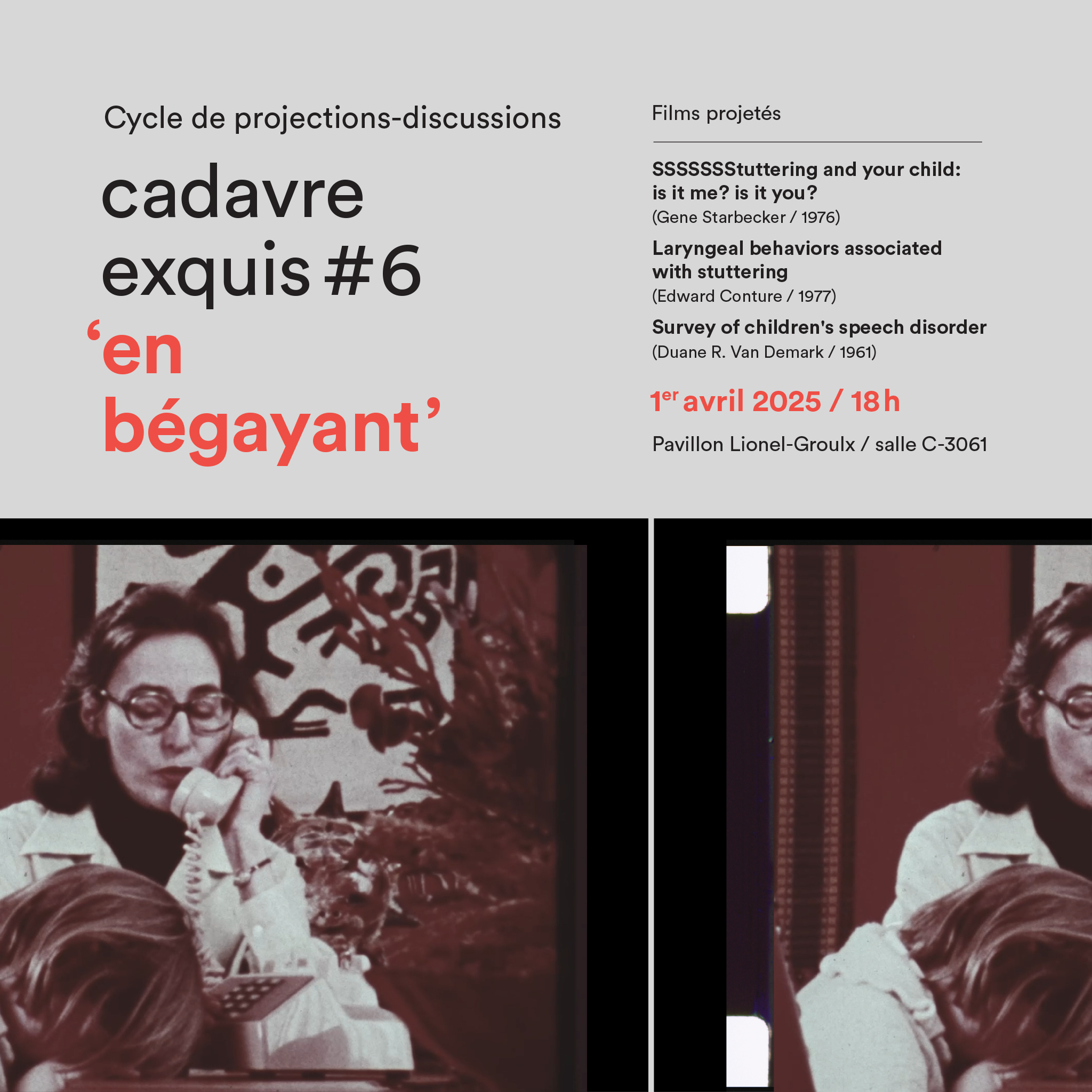Stuttering: Exploring the Archives of Voice

On April 1, 2025, the sixth and final session of the Cadavre exquis screening-discussion series took place at the Carrefour des arts et des sciences of Université de Montréal. Titled Stuttering, the evening offered a critical look at three scientific films produced in the 1960s and 1970s by North American institutions:
- SSSSSSStuttering and your child: is it me? is it you? (Gene Starbecker, 1976)
- Laryngeal behaviors associated with stuttering (Edward Conture, 1977),
- and Survey of children’s speech disorder (Duane R. Van Demark, 1961).
While reflecting a predominantly pathologizing view of stuttering and communication disabilities, these films also mark a pivotal moment in the development of speech-language therapy and the use of audiovisual technologies in education and clinical practice.
The screening was followed by an interdisciplinary panel discussion moderated by Geneviève Lamoureux (speech-language therapist and PhD candidate), with panelists André Habib (film studies professor), Ingrid Verduyckt (speech-language therapy professor), and Félix-Antoine Carignan (person who stutters and member of the Association bégaiement communication). Together, they explored the evolution of stuttering concepts, the role of cinema in spreading clinical narratives, and the tensions between historical legacies and contemporary practices.
This session was part of a special collaboration with Voice and Media, within the broader Cadavre exquis project, a heritage and research-creation initiative led by the Observatoire du cinéma au Québec (OCQ) and the journal Hors champ. Spearheaded by Professor André Habib, who is also part of the Voice and Media Festival team, the project offers a critical lens on a vast collection of scientific and educational 16mm films preserved in the libraries and archives of Université de Montréal. Developed in partnership with the CRILCQ, Laboratoire CinéMédias, and the CinEXmédia partnership, and supported by the Faculty of Arts and Sciences of Université de Montréal and the Social Sciences and Humanities Research Council (SSHRC), Cadavre exquis brings visibility and renewed relevance to these often-overlooked audiovisual archives.

